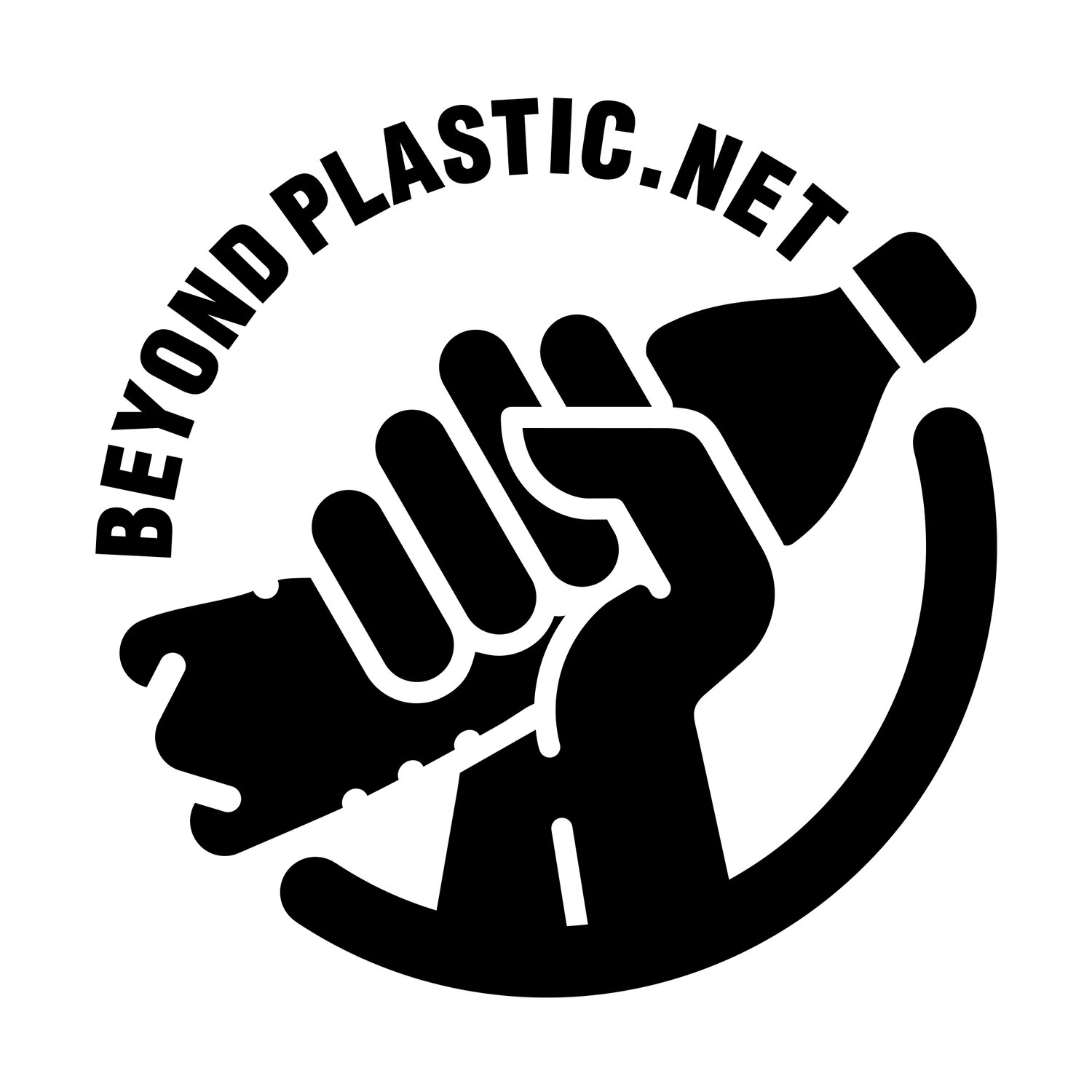Circuteria - Let's go circular
To tackle the roots of our global waste problem, we could replace up to 90% of fossil-based plastics with bio-alternatives, enabling a circular bioeconomy in which biomass is treated and traded as a valuable resource. However, a general lack of information paired with a lack of economies of scale still hinders us from taking action. Therefore, Circuteria, a smart and sustainable online platform, connects and advises efficiently all stakeholders along a circular bioeconomy to produce, use and recycle sustainable materials and products.
Circuteria uses a smart match-making and simulation methods to provide buyers and sellers of bio-alternatives with the right information they need. For example, manufacturers can easily find the best bioplastic material from a supplier to replace their currently used fossil-based plastic, using our BioMaterial Finder: First, a manufacturer uploads all necessary information about their currently used plastic and tests with a simulation the use of different bioplastic alternatives on their product avoiding production errors and over-engineering. For each finding, Circuteria then also takes important life cycle parameters of a material into account, including CO2 emissions and the relative amount of recyclables. In principle, this method is applicable to many other interactions along a circular bioeconomy, for example, to convey biomass between farmers and suppliers. In the BioMaterial Finder prototype, manufacturers but also consumers can type in their currently used plastic ID and obtain information about the best bioplastics alternative offered by a supplier.
The motivation to develop the Circuteria platform is to disrupt the traditional, analog process of plastic purchasement, because product manufacturers should no longer be limited to a subjective and mostly fossil-based material selection. As a renewable resource, biomass is a natural “ingredient” of a circular bioeconomy, and therefore needs strong support. Also, Circuteria’s concentration on 2nd and 3rd generation biomaterials, e.g. from waste, algae, and cellulose will improve the carbon footprint and agricultural sustainability even further. The start-up, located in Berlin, is an interdisciplinary team of a sustainable business developer, Gesa Schneider, who has excellent industry and leadership experience in the fields of renewable materials and sustainable manufacturing, and a computational scientist Dr. Sebastian Stolzenberg who is an expert in the simulation of biomaterials and hollow solids, and the development of online platforms.

